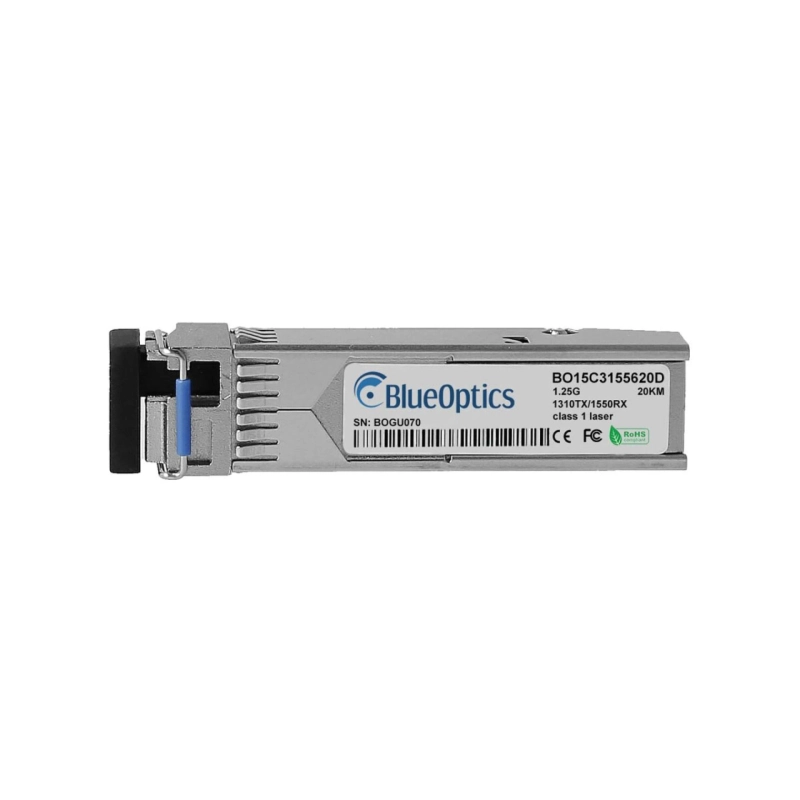In the vast landscape of networking technologies, SFP28 transceiver modules stand out as pivotal components, enabling high-speed data transmission across various network infrastructures. As businesses and industries continue to demand faster, more reliable connections, understanding the capabilities and nuances of these modules becomes increasingly crucial. In this comprehensive guide, we delve into the world of SFP28 transceiver modules, exploring their functionalities, applications, and significance in modern networking architectures.
Understanding SFP28 Transceiver Modules
SFP28 transceiver modules, part of the Small Form-factor Pluggable (SFP) family, are compact, hot-swappable optical and electrical transceivers widely used in data communication applications. The "28" in SFP28 denotes the module's capability to support data rates up to 28 gigabits per second (Gbps). These modules come in various types, including SFP28 optical modules for fiber-optic connections and SFP28 direct attach cables (DAC) for short-reach, high-speed connections.
Features and Specifications
SFP28 transceiver modules boast several features and specifications that make them ideal for high-performance networking environments:
Small Form Factor: SFP28 modules are designed to be compact, allowing for high port density on networking devices such as switches and routers.
High Data Rates: With support for data rates up to 28Gbps, SFP28 modules facilitate high-speed data transmission, meeting the demands of bandwidth-intensive applications.
Low Power Consumption: These modules are engineered for efficiency, consuming minimal power while delivering exceptional performance.
Hot-swappable: SFP28 modules can be inserted and removed from compatible ports without disrupting network operation, offering flexibility and ease of maintenance.
Applications
SFP28 transceiver modules find widespread application across various industries and networking scenarios:
Data Centers: In data center environments where high bandwidth and low latency are paramount, SFP28 modules play a crucial role in connecting servers, switches, and storage systems.
Telecommunications: Telecommunication networks leverage SFP28 modules to support high-speed connectivity for services such as cloud computing, video streaming, and mobile communication.
Enterprise Networks: Enterprises deploy SFP28 modules to enhance network performance, enabling faster data transfers and improved reliability for mission-critical applications.
High-Performance Computing (HPC): In HPC clusters and supercomputing environments, SFP28 modules facilitate the rapid exchange of data among computing nodes, accelerating computational tasks.
Advantages
The adoption of SFP28 transceiver modules offers several advantages to organizations and network operators:
Scalability: SFP28 modules provide scalability, allowing networks to adapt and expand according to evolving requirements without overhauling existing infrastructure.
Compatibility: These modules adhere to industry standards, ensuring compatibility with a wide range of networking equipment from various vendors.
Cost-effectiveness: SFP28 modules offer a cost-effective solution for high-speed connectivity, allowing organizations to optimize their network investments without compromising performance.
Interoperability: Interoperability between different SFP28-compatible devices simplifies network deployment and management, promoting seamless integration within heterogeneous environments.
Future Trends
As the demand for higher bandwidth and faster data transmission continues to rise, the evolution of SFP28 transceiver modules is expected to follow suit. Future trends in SFP28 technology may include advancements in data rates, power efficiency, and integration with emerging networking standards such as 5G and beyond.
Conclusion
In the realm of modern networking, SFP28 transceiver modules serve as indispensable building blocks, facilitating high-speed data transmission with efficiency and reliability. From data centers to telecommunications networks, the versatility and performance of SFP28 modules make them indispensable assets in today's digital landscape. As technology advances and networking requirements evolve, the role of SFP28 transceiver modules will undoubtedly continue to expand, driving innovation and connectivity in the digital age.
Whether you're an IT professional, a network engineer, or an enthusiast eager to explore the intricacies of networking technologies, understanding the power of SFP28 transceiver modules is key to unlocking the full potential of modern networks. Embrace the future of connectivity with SFP28 – where speed, reliability, and scalability converge to shape the networks of tomorrow.


